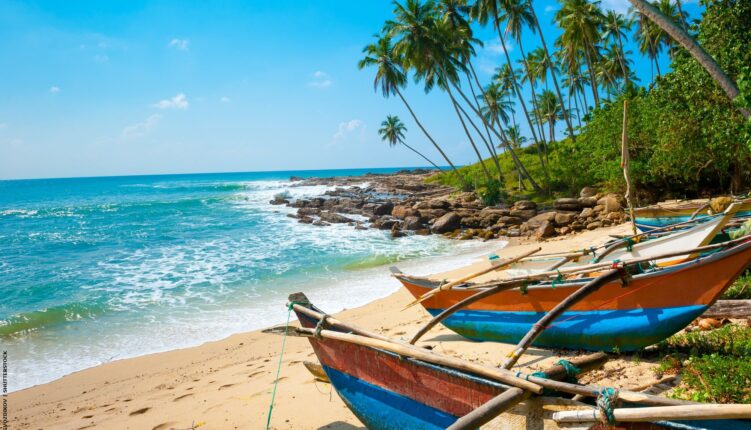The Portuguese were maritime giants during the Age of Discovery (from early 15th century to early 17th century).
Of course, the Spanish also were and in 1494 the Treaty of Tordesillas was signed between Spain and Portugal, dividing newly discovered lands between the two countries.
Did you know that the Portuguese discovered Mauritius? It is thought they also discovered Australia.
We checked out at a few places around the world that are said to have been discovered by the Portuguese – some are obvious but some you may be surprised at.
Let’s start with Australia
Two cannons, dated between 1475 and 1525, were discovered off the northwest coast of Australia, in Broome Bay. They were manufactured by the Portuguese and whilst this doesn’t prove they were the first to discover the island, it certainly lends itself to the idea that they were.
To the east of Australia is Vanuatu
Vanuatu has 82 islands and was discovered in 1606 by Pedro Fernández de Queirós. The first island he found was named Espiritu Santu however, the Portuguese didn’t colonise the archipelago and it was only when the French arrived in 1768 that the islands started to prosper. Today Vanuatu has over 100 distinct languages with several dialects and is one of the most culturally diverse countries in the world.
Moving west
The first Europeans to discover Sri Lanka were the Portuguese, who founded the city of Colombo in 1517. When the Europeans arrived, the island was in the midst of a civil war and so it was taken with ease. However, the Sri Lankans moved their capital to Kandy in the hope of retaking the islands quickly. The Dutch helped them and in the late 17th century the island, except for Kandy, moved to Dutch control. It’s worth a note that to this day, many families have Portuguese surnames.
Staying close to India
The Maldives (located in the Indian Ocean) has over 1,000 islands with only 200-odd inhabited. The archipelago was occupied by the Portuguese for around 15 years, from 1558 and controlled by them from Goa, India.
Off the east coast of Africa
Madagascar is the fourth largest island in the world and was discovered by the Portuguese in 1500. They, followed by the French and Dutch, tried unsuccessfully to colonise the island however finally in the late 1800s the French were successful. In 1960 Madagascar gained independence.
The island of Mauritius
Located to the east of Madagascar, Mauritius was not colonised by the Portuguese after they discovered it in 1505. In 1598 the island was handed over to Dutch rule, followed by French and then British. In 1968 the country became independent, officially becoming a republic in 1991.
Other islands discovered by the Portuguese include Papua New Guinea, Saint Helena, Tristan da Cunha and the Maluku islands.
If you are interested in the Age of Discovery check out the Boa Esperança, a floating museum in Lagos. Click here to find directions to visit the caravel replica that offers an insight into the lives of seafarers.


3 thoughts on “Lands discovered by the Portuguese”